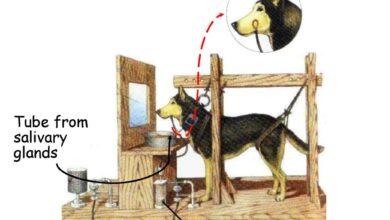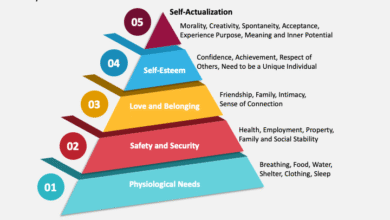The Psychodynamic Perspective: Exploring the Depths of the Mind

The psychodynamic perspective is a fundamental approach in psychology, emphasising the role of the unconscious mind, early childhood experiences, and interpersonal relationships in shaping behaviour and mental health. Originating with Sigmund Freud, this perspective has evolved over time, influencing modern psychotherapy and psychological theories.
Origins and Core Principles
Freud, often regarded as the father of psychoanalysis, introduced the idea that human behaviour is driven by unconscious desires, conflicts, and repressed memories. He proposed that our minds consist of three distinct components:
- The Id – The instinctual and impulsive part of the psyche, driven by basic desires.
- The Ego – The rational, decision-making part that balances the id’s desires with reality.
- The Superego – The moral compass, shaped by societal and parental influences.
Freud also emphasized the significance of early childhood experiences, suggesting that unresolved conflicts during developmental stages (such as oral, anal, and phallic stages) could manifest in adulthood as psychological struggles.
Influence on Mental Health
Psychodynamic theory argues that mental health conditions often stem from unconscious conflicts and past experiences. Therapies based on this perspective aim to bring repressed emotions and thoughts to the surface, helping individuals gain self-awareness and resolve internal struggles.
Key therapeutic techniques include:
- Free Association – Encouraging individuals to express thoughts without censorship, uncovering hidden anxieties.
- Dream Analysis – Interpreting dream content to reveal unconscious thoughts.
- Transference & Countertransference – Examining emotional responses between therapist and patient as a window into unresolved relational patterns.
Evolution and Modern Applications
While Freud’s theories were groundbreaking, contemporary psychodynamic approaches have refined them. Modern psychologists integrate interpersonal relationships and social factors into treatment models, making psychodynamic therapy more adaptable to today’s mental health needs.
Psychodynamic principles are used in therapy to treat issues such as:
- Anxiety and depression
- Personality disorders
- Trauma and unresolved grief
- Relationship difficulties
Criticism and Limitations
Despite its contributions, the psychodynamic perspective has faced criticism for its subjectivity and reliance on theoretical constructs. Many argue that Freud’s ideas lack empirical evidence and that modern psychology benefits from cognitive and behavioural approaches as well.
Conclusion
The psychodynamic perspective remains influential in psychology, offering valuable insights into the role of the unconscious mind, childhood experiences, and interpersonal relationships in mental health. Though it has evolved significantly from Freud’s original theories, its emphasis on deep self-awareness and emotional resolution continues to shape therapeutic practices.



